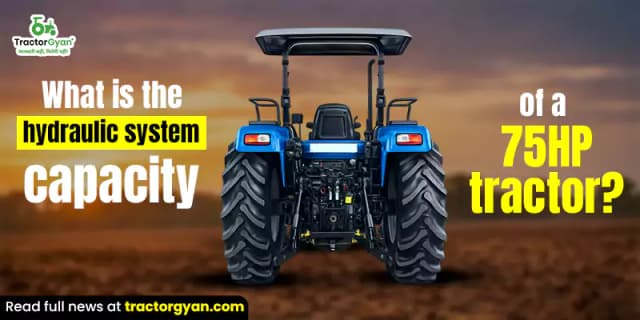Fertilizers- Definition, Types, importance and Advantages | Tractorgyan
Table of Content
Agriculture is the essential activity carried out by the farmers nearly half of the population is dependent upon agriculture to meet the requirements of the country.
In agriculture, the most important thing which takes the picture is the use of seeds which inhabit the growth of plants and crops altogether.
But have you wondered if these seeds take days or months or even years to grow out into a plant or crop whole? However, looking at the urgency and requirement of the plants and crops farmers make use of fertilizers.
What are fertilizers?
Fertilizers are the chemical substance that is provided to the crop to increase their production and yielding capacity.
Farmers utilize these regularly to boost crop productivity. The fertilizers include nitrogen, potassium, and phosphorus, which are crucial elements that plants need. They also raise the soil's fertility while enhancing its ability to retain water.
Types of fertilizers
There are different types of fertilizers available in the market for the farmer’s use.
Fertilizers are of two types mainly organic and inorganic fertilizers
Inorganic fertilizers
Inorganic fertilizers use chemical compounds or substances to enhance the growth of the crop these are as follows,

1. Nitrogen fertilizers
Since it is the most prevalent gas in the atmosphere, nitrogen (N) is one of the elements that are most widely dispersed in nature. N is mostly present in organic compounds, unlike phosphorus (P) and potassium (K), which are found in mineral forms. The numerous biological processes that soil-based N goes through make management of it difficult.
Growth-promoting nutrients include nitrogen. This component is helpful in fertilizers, especially in the middle of a plant's life when it requires support to keep growing big and produce new leaves. Fertilizers both organic and inorganic contain sources of nitrogen.
Nitrates "dissolve" in water and hence travel around in the soil as the soil water does. If it rains, nitrates will be washed downward through the soil profile, where they may enter drainage pipes or other surfaces and be lost for agricultural use. Leaching is the main reason why nitrogen is lost from sandy soils with a coarse texture.
On the other hand, nitrates can travel higher and may build up near the soil top during dry periods when water is evaporating from the soil. Large amounts of nitrates, however, are not likely to travel upward after being leached below the root zone, therefore they are thought to have been lost to the crop.
When soils are saturated with water, soil organisms use nitrates as a source of oxygen, leaving the nitrogen in the soil as a gas that escapes into the atmosphere. The most frequent cause of nitrogen loss in fine-textured clay soils is a process known as denitrification.
2. Phosphorus fertilizers
Phosphorus is the principal nutrient in phosphorus fertilizers. The effective phosphorus concentration, fertilization techniques, soil characteristics, and crop strains all affect how successful a fertilizer is. The protoplasm of the cell contains phosphorus, which is crucial for cell growth and proliferation. The growth of the plants' roots is aided by the phosphorus fertilizer.
3. Potassium fertilizer
The third important nutrient in commercial fertilizers is potassium. It has a significant function in boosting agricultural yields and improving crop quality overall while aiding in strengthening plants' disease resistance. Additionally, potassium shields the plant from harm during cold or dry spells by bolstering its root system and preventing wilting.
Additionally, it helps shield your plants from damage if they are deficient in other nutrients. This nutrient is essential for photosynthesis and can prevent illnesses from spreading to your garden. Fertilizer with potassium provides a lot of advantages. Depending on what you're planting, you'll need to decide when and how to plant this fertilizer. Put this fertilizer as near to the roots as you can when using it.
4. Sulphur
Sulphur is regarded as a crucial element of the oils found in aromatic compounds (such as garlic and onions), the creation of chlorophyll, vital for the development of nodules on the roots of legumes, increases the size and weight of grain crops, and facilitates the production of seeds. Highly mobile nutrient in the soil and plants.
In the iron-sulphur complexes of the electron transport chains in photosynthesis, sulphur is a structural component of various amino acids (including cysteine and methionine) and vitamins and is crucial for chloroplast growth and function. It is necessary for legumes to fix N2, as well as for nitrate to be converted into amino acids, which are ultimately converted into protein
5. Calcium
One of the primary secondary nutrients required for strong plant growth is calcium. Numerous fertilizers, including precipitate, calcium nitrate, single and triple superphosphates, etc., are significant calcium suppliers. Liming is a different method of adding calcium to soils. Dolomite, magnesite, and different calcium carbonate minerals are utilized for this.
Organic fertilizers
Organic fertilizers - The term "organic fertilizer" describes substances that are applied as fertilizers that are frequently found in nature, typically as a consequence or outcome of a naturally occurring activity.
The three main macronutrients that plants need, nitrogen, phosphorous, and potassium, are often provided by organic fertilizers, much like any other fertiliser. Natural mineral deposits or naturally occurring organic resources such as manure, worm castings, compost, or seaweed are examples of organic fertilizers.
1. Manure from animals
The most readily available organic substance utilized for fertilizing purposes is certainly animal dung. Essentially, animal dung serves as a complete fertilizer.
2. Plants substances or wastes
Plant substances or plant wastes are rich in nitrogen and other vital components which are required for the growth of the plant.
3. Compost
It is possible to create compost from a range of basic materials, and the final products are strikingly comparable in terms of their final nitrogen, phosphorus, and potassium concentrations.
Importance of fertilizers for farmers
With such limited resources, it is particularly challenging to meet the demands of the expanding population. Agriculture output has declined due to pests, a shortage of fertilizers, and declining soil fertility. The significance of fertilizers in agriculture has expanded as a result.
Fertilizers are important because of the following reasons
-
Fertilizers make plants more resistant to pests. As a result, they are using fewer insecticides and herbicides, which results in healthier crops. As a result, fewer illnesses are present, giving the crops an aesthetic value.
-
Fertilizers deepen the roots of plants and boost their ability to hold water.
-
The plants' stalks and straws are strengthened by the fertilizers’ potassium content.
-
The phosphorus in fertilizers aids in the plants' ability to produce seeds and build roots more quickly.
-
The presence of nitrogen in fertilizers promotes plant growth, which is seen in the green color of the plants.
Advantages of fertilizers
1. Filled with nutrients
fertilizer offers vital nutrients to plants that aid in the development of plants and crops. The three essential building blocks for increasing production are potassium, nitrogen, and phosphorus, which are easily delivered by all fertilizers in various ways. Chemical fertilizers are produced quickly and artificially, but they boost plants quickly, which is why they are used widely. In contrast, organic fertilizers are produced naturally and take longer to prepare, but they are good for plants and provide all the nutrients they need without harming the environment.
2. Enables large-scale production
A good yield is needed to meet the demand because there is a high demand for food due to the growing population. Because of their numerous advantages that support the quick and healthy growth of plants, fertilizers here become helpful for the good production of crops. Fertilizers are a requirement for large-scale production.
3. Easily accessible
The demand for fertilizers is rising because they are excellent for accelerating plant growth and are great for agricultural production, but many firms are working nonstop to keep up with the demand. As a result, the market now has access to all sorts of fertilizers.
Disadvantages of fertilizers
1. Environmentally harming
Environmental effects of fertilizers that be either direct or indirect. via soil contamination and groundwater pollution, and it can also influence plant development by causing it to grow more quickly than usual. The ecosystem may be impacted.
2. High cost or expensive in nature
Since fertilizers are manufactured in factories, they are more expensive than manure produced naturally. But because it is essential for plant nutrients, it is in high demand and hence expensive.
3. Leads to soil erosion
Fertilizers have the potential to degrade soil quality and harm soil microorganisms. Long-term use alters the pH of the soil and lessens naturally beneficial microbial activity for plants.
Advantages and disadvantages of fertilizers
| Advantages of Fertilizers | Disadvantages of Fertilizers |
| 1. Filled with nutrients | 1. Environmentally harming |
| - Provides vital nutrients for plant growth | - Direct or indirect environmental effects |
| - Includes essential building blocks like potassium, nitrogen, and phosphorus | - Soil contamination and groundwater pollution |
| 2. Enables large-scale production | 2. High cost or expensive in nature |
| - Supports increased crop yield to meet high demand for food | - Manufactured fertilizers are more expensive than natural manure |
| 3. Easily accessible | 3. Leads to soil erosion |
| - Availability in the market due to continuous production | - Degrades soil quality and harms soil microorganisms |
| - Various types of fertilizers are readily available | - Alters soil pH and reduces beneficial microbial activity |
There are numerous varieties of fertilizer. There are granular, powder, and liquid types. Water is frequently used to dilute liquid fertilizers. Similar to watering your plants, spreading them normally entails using a hose attachment. To be effective, powdered fertilizers also require water. Typically, they are applied by hand and thoroughly soaked in water. Spreading granular lawn fertilizers on top of the ground is simple. As you water your garden, these nutrition pack granules will gradually absorb into the soil.
Category
Read More Blogs
'Threshing' is an important agricultural tool or tractor implement. The principal farm equipment known as a thresher is used for threshing grains and separating seeds from husks and straws. Other crops, including wheat, maize, beans, soybeans, etc., are also threshed with it....
Monoculture farming is a type of farming where one single form of the crop is grown in a field of land. Monoculture is the technique of raising only one genetically identical crop, livestock species, or plant at a time. Additionally, it involves...
TI Clean Mobility, a subsidiary of Tube Investments of India Ltd (TI), will unveil electric three-wheelers and electric tractor this year.
“We have been testing the electric three-wheeler for three years,” Arun Murugappan, executive chairman, TI told reporters.
“It will be unveiled by end-August or early...
Write Your Comment About Fertilizers- Definition, Types, importance and Advantages | Tractorgyan
.webp&w=1920&q=75)
Top searching blogs about Tractors and Agriculture
07 Jan 2026
18 Dec 2025
29 Jul 2025
08 Sep 2025
03 Jul 2025
30 Jul 2025
30 Jul 2025
30 Jul 2025
29 Jul 2025
30 Jul 2025
09 Feb 2026
31 Jul 2025
18 Dec 2025
26 Dec 2025






.jpg&w=2048&q=75)
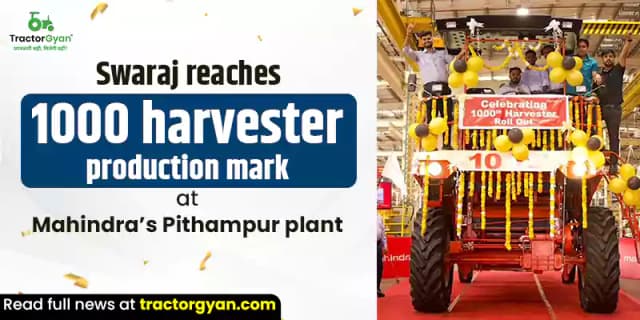
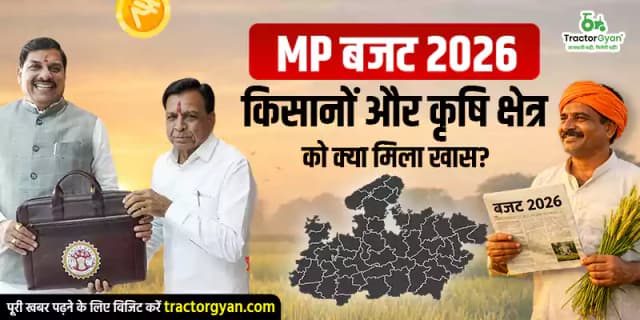



.jpg&w=1200&q=75)
.webp&w=2048&q=75)
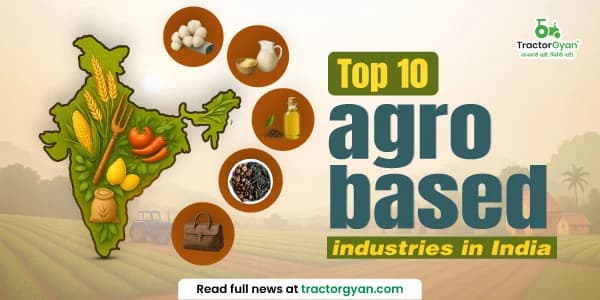
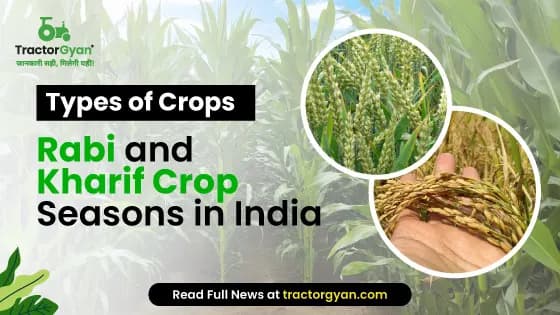


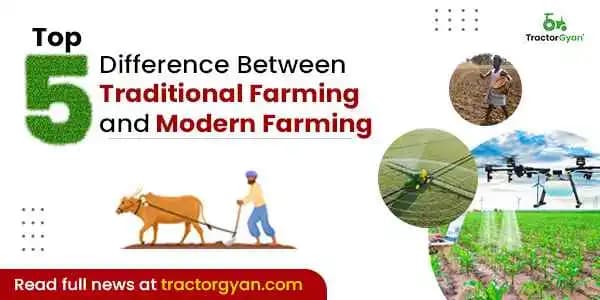
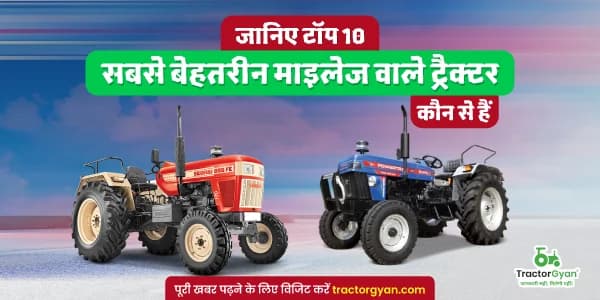
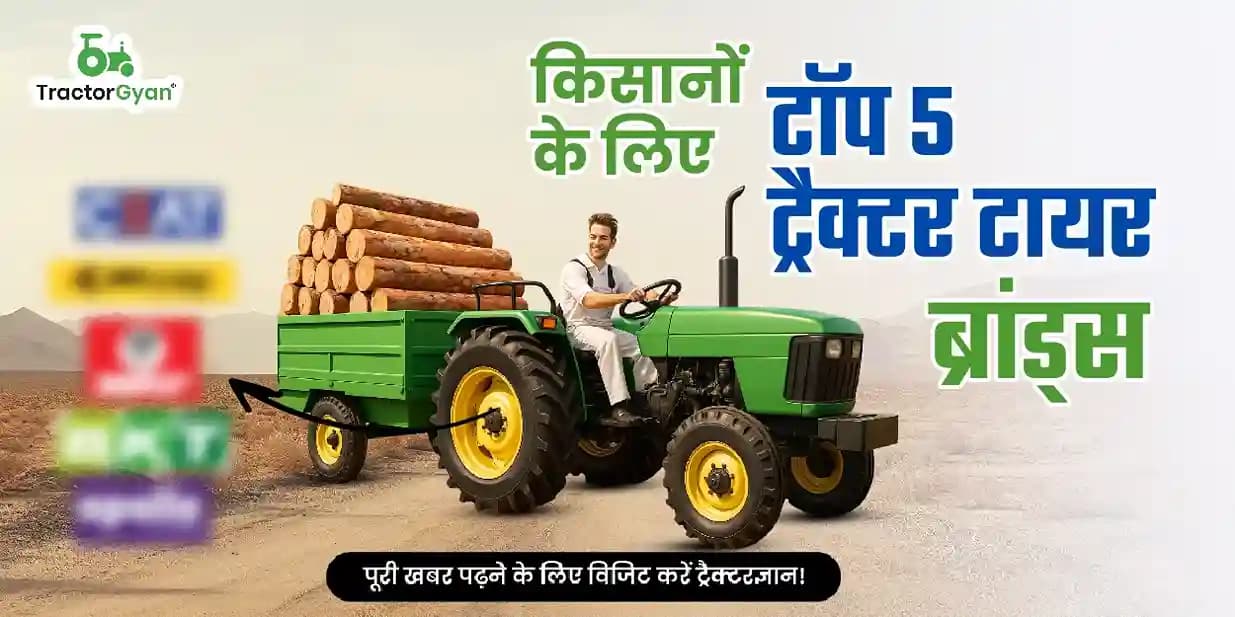

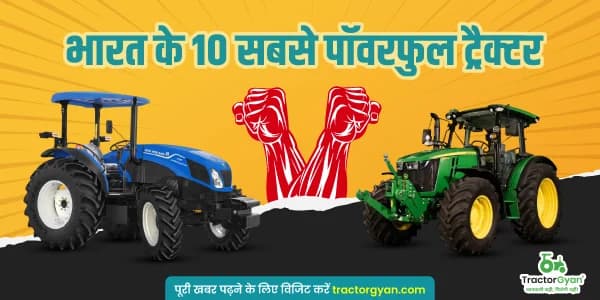
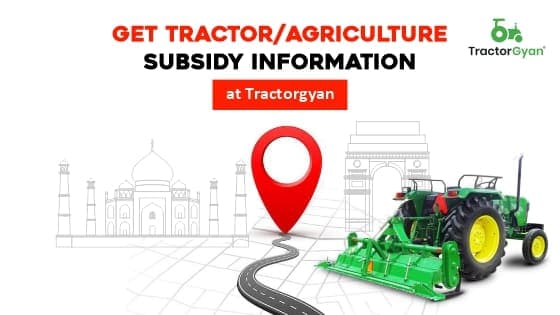
.webp&w=2048&q=75)
.webp&w=2048&q=75)







